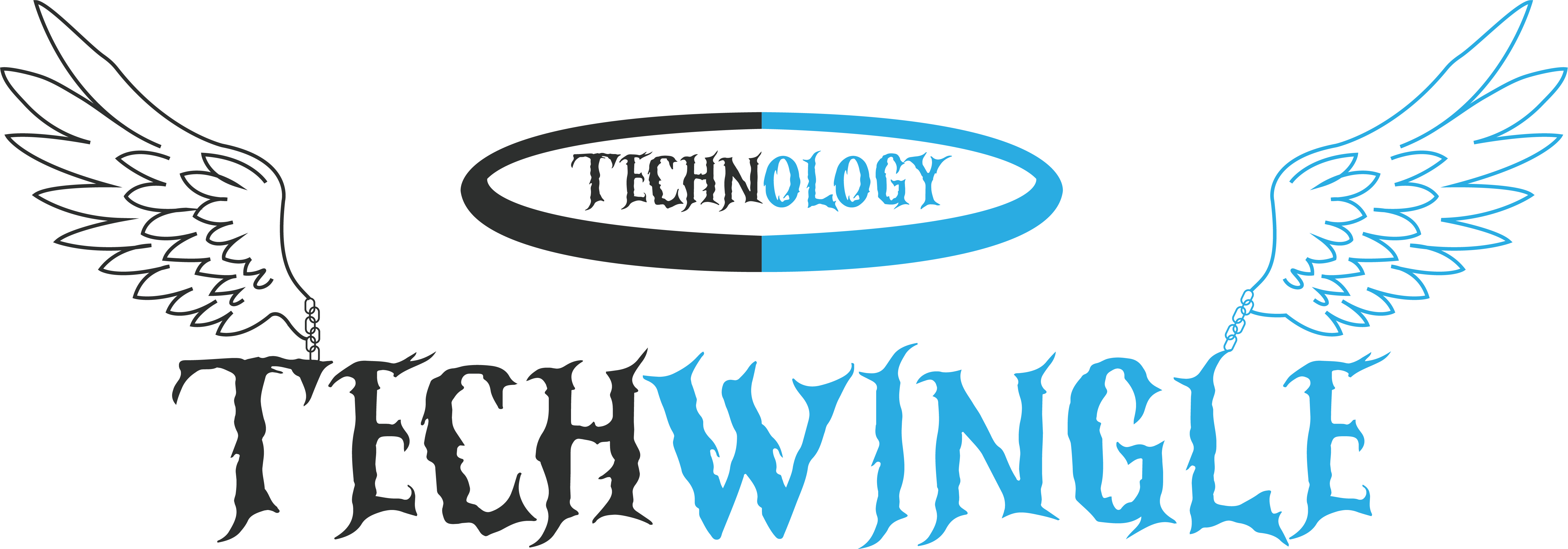Personal loans have become a popular financial solution for individuals who need to address unexpected expenses, consolidate debt, fund major purchases, or simply improve their cash flow. However, before applying for a personal loan, it’s crucial to understand the eligibility requirements and terms. Whether you’re looking for a modest amount or a personal loan 60of 000, knowing the personal loans requirements can save you time, effort, and help you secure the needed funds.
In this article, we’ll dive into the essential aspects of personal loan requirements, discuss what lenders typically expect, and provide clarity on what you need if you’re targeting a personal loan value of 60,000.
What Are Personal Loans?
Personal loans are unsecured loans provided by banks, credit unions, and online lenders for various purposes. Unlike secured loans that require collateral, personal loans are often approved based on your creditworthiness and income, making them accessible and flexible.
A personal loan 60of 000 might seem like a significant sum, but with proper planning and preparation, you can qualify for it and use it to meet your financial goals.
Understanding Personal Loan requirements
Before applying for a personal loan, lenders assess several factors to determine whether you meet their eligibility criteria. Knowing these requirements can give you an edge in preparing your application and ensuring a smooth approval process.
1. Credit Score
A good credit score is often the cornerstone of personal loan requirements. Your credit score reflects your financial behavior and how well you manage your debts. Lenders typically favor borrowers with a higher credit score, as this indicates lower ririskor them.
- Ideal Credit Score for Personal Loan 60000: A credit score of 670 or above is generally considered good by most lenders. For large sums like a 60,000 loan, a higher score (750 or above) may improve your likelihood of approval and better loan terms.
2. Income and Employment Verification
Your income level and employment status are critical personal loan requirements because lenders want assurance that you’ll be able to repay the loan. They will usually require documentation that includes pay stubs, tax returns, or proof of consistent revenue if you’re self-employed.
- Recommended Income for Loan Approval: While there’s no specific threshold, lenders may require that your monthly income is significantly higher than the loan repayments. For a personal loan 60of 000, having a stable income above 5,000 per month could improve your chances.
3. Debt-to-Income Ratio (DTI)
The debt-to-income ratio is another essential factor. This ratio represents the percentage of your income that goes toward debt payments. Lenders use it to gauge your financial capacity to take on new debt.
- Ideal DTI for Personal Loan 60000: A DTI below 36% is considered healthy. If your DTI is high (above 50%), it may be challenging to get approved.
4. Loan Purpose
Although personal loans are versatile, some lenders may ask about the purpose of your loan. Whether it’s to consolidate debt, fund a wedding, or cover urgent medical expenses, being clear on your loan purpose can enhance your lender’s confidence in your application.
5. Identification and Residency
It’s important to provide proof of identity and residency as part of personal loan requirements. This helps lenders ensure that they are lending money to the right individual. Documents such as a government-issued photo ID, utility bills, or lease agreements are commonly requested.
6. Bank Account Details
Most lenders require borrowers to maintain an active bank account for the disbursement of funds and repayment of the loan. Providing accurate bank details is a standard requirement, especially for online loans.
The Application Process for a Personal Loan of 60000
Once you’ve reviewed the personal loans requirements, the next step is understanding the application process. Here are key steps to follow:
1. Researching Lenders
Comparing lending institutions is an essential step to finding the best deals. Different lenders may have varying requirements, interest rates, and loan terms. Decide whether you’d prefer traditional banks, credit unions, or online lenders for your personal loan of 60000.
2. Evaluating Loan Terms
Look out for the loan’s interest rate (fixed or variable), repayment tenure, and any applicable fees, such as origination fees or late payment charges. These details will directly affect the overall affordability of the loan.
3. Preparing Documentation
Gather all necessary documents ahead of time. These include:
- Proof of identity (passport, driver’s license, or other government-issued IDs)
- Proof of income (pay stubs, tax returns, or employer certification)
- Proof of residence (utility bills or lease agreements)
- Bank account details and statements
- Credit reports (optional, but lenders may pull these themselves)
4. Submitting Your Application
With documentation ready, submit your application either online or in person. Ensure all provided information is accurate to avoid delays or rejection.
5. Approval and Disbursement
If your application meets the lender’s requirements, you’ll receive approval. Disbursement timelines vary but are generally quick—funds can be transferred within hours to days.
Key Considerations for Personal Loan 60000
When applying for a larger personal loan, such as $60,000, careful planning and preparation are critical. Here are some additional considerations to keep in mind:
Higher Interest Rates
Large loans carry substantial risk for lenders, which may result in higher interest rates. Compare lenders to find the best rate possible for your personal loanof 60000.
Extended Repayment Periods
To make repayments manageable, lenders may offer extended repayment periods. Be cautious of overly long terms, as they can increase the total amount you pay due to added interest.
Collateral Requirements
While personal loans are typically unsecured, loans over a certain threshold (like 60,000) may require collateral, depending on the institution. Check with the lender beforehand.
Impact on Your Credit Score
Taking a large loan impacts your credit score. Make sure you can meet repayment deadlines to avoid negative repercussions on your creditworthiness.
How to Improve Your Eligibility for a Personal Loan of 60000
If you find that you don’t meet certain personal loan requirements or want to boost your chances of approval, here are steps you can take:
1. Boost Your Credit Score
Pay off existing debts, lower your credit utilization rate, and avoid late payments to improve your credit score over time.
2. Increase Your Income
Consider taking on a side hustle or negotiating a salary increase to improve your income level.
3. Reduce Your Debt
Eliminate smaller debts to lower your debt-to-income ratio and increase your financial stability.
4. Offer Collateral
Some lenders may consider a secured loan option for higher amounts. If you own valuable assets, offering collateral can improve your chances.
Conclusion
Securing a personal loan of 60000 requires careful consideration of personal loan requirements, a solid financial profile, and thoughtful planning. By understanding the key factors that lenders prioritize—such as credit score, debt-to-income ratio, stable income, and documentation—you can position yourself as a trustworthy borrower. Additionally, researching and comparing lenders helps ensure that you find the most favorable terms for your loan.
Ultimately, preparation makes all the difference when applying for a significant loan amount. By meeting or exceeding personal loan requirements, you’ll enhance your chances of approval and pave the way for achieving your financial objectives with ease. Read More About Personal Loans











One thought on “Know the Personal Loans Requirements Before Getting Personal Loan 60000”